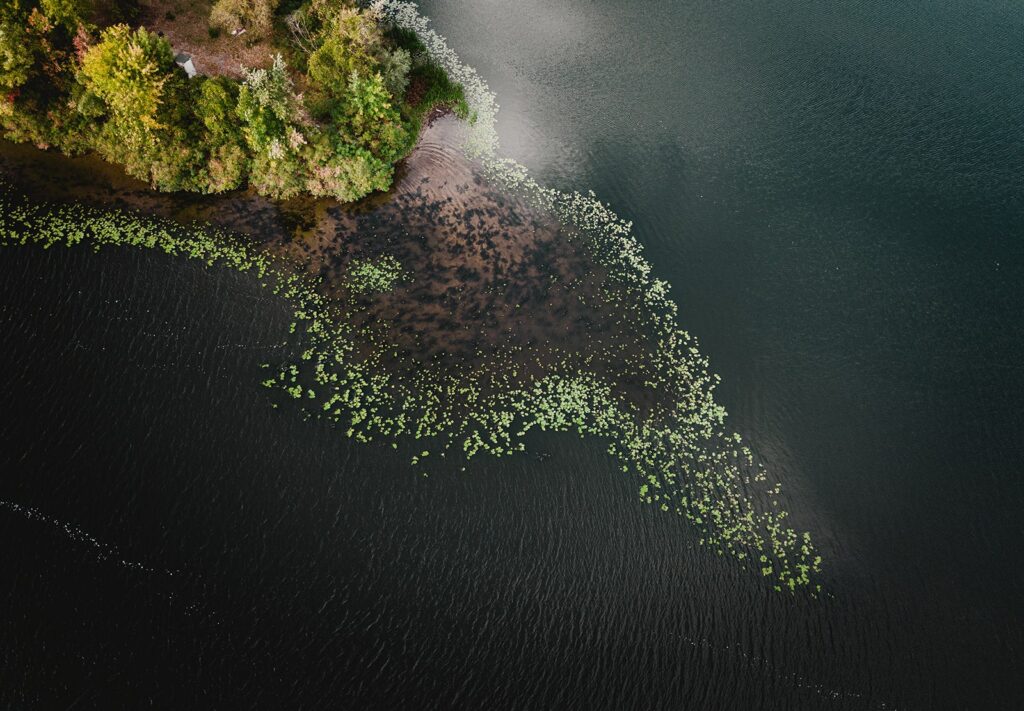Prize Categories
Ecology & Environment
Scientific research areas for prize awards
Each year the Science and SciLifeLab Prize for Young Scientists focuses on four important fields of life science research to select winners for the annual awards. The Grand Prize winner can be from any of the four categories, and additional winners are chosen from each of the remaining three life science categories.
Ecology & Environment is one of this year’s categories.
Research in Ecology and Environment encompasses interactions between organisms and their environment, and how these processes are influenced by human activity.
What are ecology and environmental science?
Ecology is the scientific analysis and study of interactions among organisms and their environment. Ecology as a science plays an important role in our understanding of various ecosystems. It is an interdisciplinary field that includes both biology and earth science, but is a separate area of study from environmentalism, natural history, and environmental science.
Environmental science focuses on the interactions between the physical, chemical, and biological components of the environment, including their effects on all types of organisms. To many people, environmental science specifically refers to the impact of humans on the environment.
So what is the difference between ecology and environmental science? One important difference between them is the goal of research in each discipline. Generally speaking, environmental science is a broader field that incorporates many elements of earth and life sciences, whereas ecology is usually more focused on how organisms interact with each other and their surroundings, and often on a very specific population of living things.
Ecologists may also focus on specific interactions within a group, such as food preferences, mating habits, predatory patterns or migration. They use careful observation and data to explain developmental and evolutionary adaptions that many influence a species and study how biodiversity affects populations. Ecologists study issues such as population size, diversity, distribution and prevalence of specific organisms, as well as the competition between them and among different ecosystems.
For environmental scientists, the focus may be on much broader systems or ecosystems, and the impact of various outside factors on the ecosystem.
Some issues studied by ecologists may include:
- Life processes, interactions and adaptations of a specific species
- The influence of environment factors on populations of organisms
- Progression of changes in ecosystems
- The abundance and distribution of organisms in an environment
- Biodiversity within an ecosystem
For environmental science, key issues may include:
- How urban areas drive environmental change
- Material demands of production and human consumption on biodiversity
- The impact of local environmental changes at the global level
- Changes in environment over long periods
- Effects of human populations on specific ecosystems
- Sustainability studies

